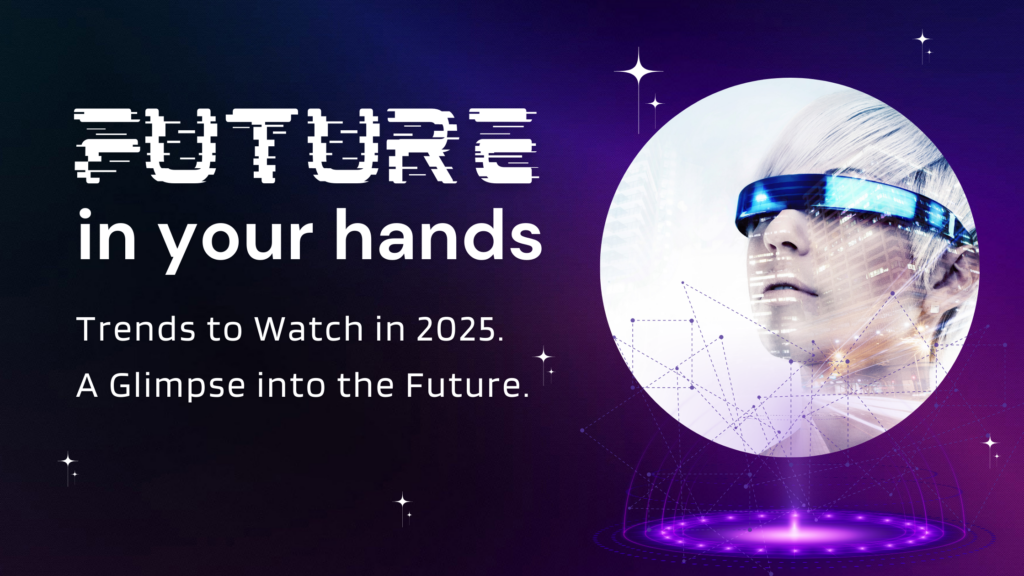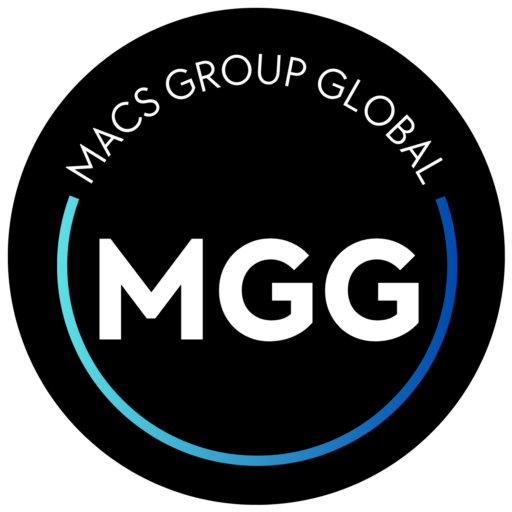
As we move into 2025, the world continues to experience transformative shifts across sectors such as technology, education, sustainability, and healthcare. Drawing on insights from various sources, including predictions by the World Economic Forum, we can observe several emerging trends poised to shape our future in profound ways.
1. The Rise of AI and Automation
Artificial intelligence (AI) is set to become an integral part of our daily lives by 2025. From personal assistants to advanced analytics, AI will permeate industries, enhancing efficiency and decision-making processes. Automation is expected to significantly impact the job market, with many routine tasks being taken over by machines. However, this trend will also create a demand for new skills, pushing education systems to adapt and reskill the workforce.
2. Increased Focus on Sustainability
Sustainability will take center stage as more individuals and organizations recognize the urgency of addressing climate change. By 2025, we can expect widespread adoption of renewable energy sources, electric vehicles, and sustainable practices in businesses. Companies will be held accountable for their environmental impact, with consumers increasingly favoring brands that demonstrate genuine commitment to sustainability.
3. The Future of Work
The pandemic has drastically reshaped our concept of work, and these changes are likely to stick. In 2025, flexible work arrangements will become the norm, allowing employees to choose where and how they want to work. Remote collaboration tools will advance, making it easier for teams to connect regardless of geographical constraints. This trend will not only enhance work-life balance but also lead to a more diverse and inclusive workforce.
4. Personal Health and Wellbeing
By 2025, there will be a greater emphasis on personal health and wellbeing. Wearable technology will evolve, enabling users to monitor various health metrics in real-time. The concept of personalized healthcare, driven by data analytics and genomics, will revolutionize treatment approaches. People will increasingly take charge of their health, utilizing technology to make informed decisions about their diets, fitness routines, and overall wellness.
5. The Evolution of Education
Education will undergo a transformation as technology becomes deeply embedded in learning environments. By 2025, we expect a rise in personalized learning experiences powered by AI. Students will have access to tailored educational content that caters to their individual needs and learning styles. Additionally, online learning platforms will continue to grow, providing flexible options for learners of all ages.
6. Smart Cities and Urban Development
The concept of smart cities will gain momentum, as urban areas look to integrate technology into infrastructure and services. By 2025, we can anticipate smarter public transportation systems, enhanced waste management, and improved energy efficiency through IoT (Internet of Things) devices. These advancements will contribute to better quality of life in urban settings, promoting sustainability and convenience.
7. Digital Currencies and Financial Technology
The financial landscape will also see significant changes by 2025, with the growing acceptance of digital currencies. Central banks may explore issuing their own digital currencies, reshaping monetary policy and transactions. Fintech companies will continue to innovate, providing consumers with more options for banking, investing, and making payments.
Conclusion
As we charge into 2025, the future promises to be an exciting blend of technological advancements, social changes, and a renewed focus on sustainability. While challenges lie ahead, the trends outlined here indicate a commitment to creating a better, more connected world. By embracing these changes and adapting to new realities, we can shape a future that reflects our collective values and aspirations. The key will be to harness these trends in a way that benefits everyone, paving the way for a brighter and more sustainable future.
Preparing for these shifts requires staying informed and proactive to navigate the exciting yet complex landscape of 2025.
